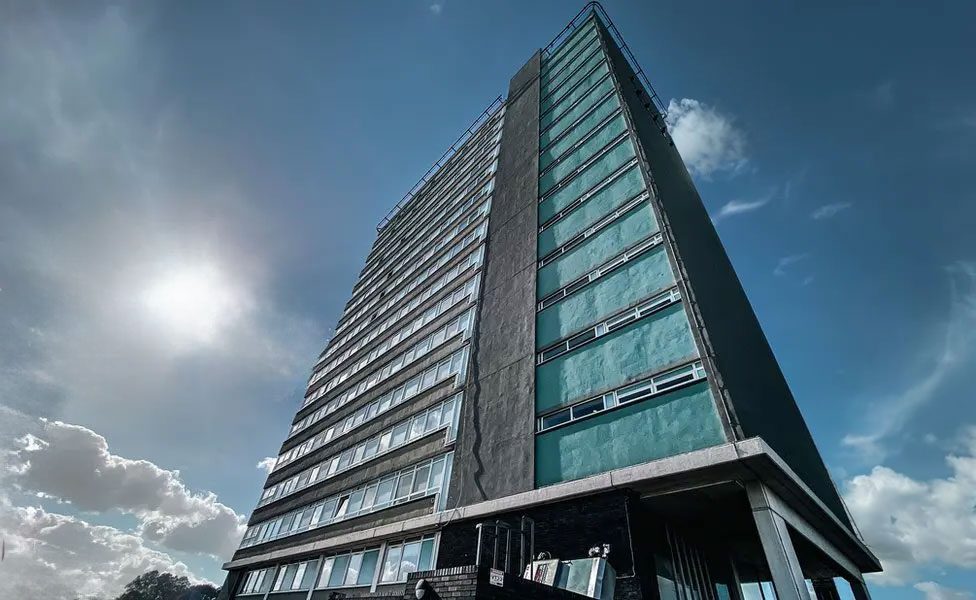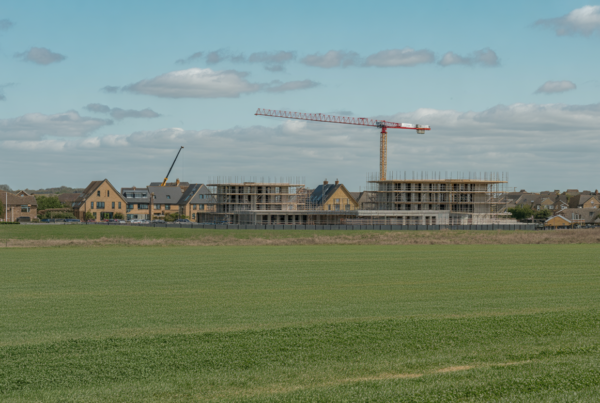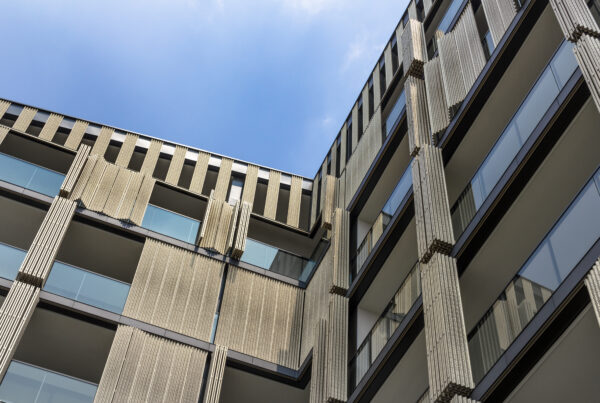In April 2024 the UK Government won a landmark case against the freeholder of a 16-storey apartment block in Stevenage, forcing them to address issues over unsafe cladding.
Vista Tower was originally constructed in the 1950’s /60’s (known as Southgate House) as an office block but was converted in 2015/16 to a residential development of 73 apartments.
Following the tragic Grenfell Tower fire on 14th June 2017, which prompted widespread concern and investigations into the fire safety of high rise residential developments, Vista Tower was inspected by Stevenage Borough Council along with Hertfordshire Fire and Rescue Services in February 2019, where they concluded that the property was a category 2 hazard due to the presence of combustible martials such as PVC windows and spandrel panels.
Estimated costs for the remediation works highlighted by the inspections were initially £10 million and rose to £14.5 million to cover the costs for replacement widows, cladding and upgrading an inadequate sprinkler system that was commissioned for the building.
Due to the ongoing delays in undertaking the remedial actions from the inspection report in 2019 the Department for Levelling Up, Housing and Communities took legal challenge against Grey GR Ltd Partnership, the freeholder of Vista Tower.

The First-tier Tribunal Property Chamber ruled in favour of the government and issued a remediation order which legally required Grey GR to fix the issues within a mandated time.
Judges Ruth Wayte and David Wyatt considered there had been “delay on both sides” and the order is a “backstop to give reassurance” to leaseholders.
The freeholder, in their defence, explained that the works required government funds which “inevitably lead to delays with approvals bearing in mind that the fund is taxpayers’ money”.
And added: “This is not a fault-based order or a case where an order should set short deadlines and expect active interventions to put pressure on a defaulting landlord.”
Legal action was launched in October 2022 when the problems had not been fixed three years after being identified.
In a statement Grey GR said they were satisfied with the tribunal’s judgement and said resident safety had been their “upmost priority” and insisted they have been “fully committed to remediating the buildings for which we are responsible”.
It continued: “It is important to note the tribunal’s determination that this is ‘not a fault-based order’, nor that the terms of the order will change the timeline for delivery of the agreed remediation.
“Following the decision, we hope we can move forward and continue to be a part of the solution to an issue that was not of our making and provide leaseholders with safer homes.”
However, what this case highlights is the needs for appropriate and adequate insurance cover in the form of structural warrant or latent defects insurance. Receiving an estimated bill of over £14 million for remediation work can significantly impact a business and dent their profits – or in some cases even threaten to put them out of business altogether.
Our conclusion
J3 Advisory is more than aware of these risks and the importance of having adequate insurance in place as this not only helps to protect your business and proficts but also your reputation.
If you have a project you wish to discuss, fill in our online enquiry form or call us on 0203 096 0718.




